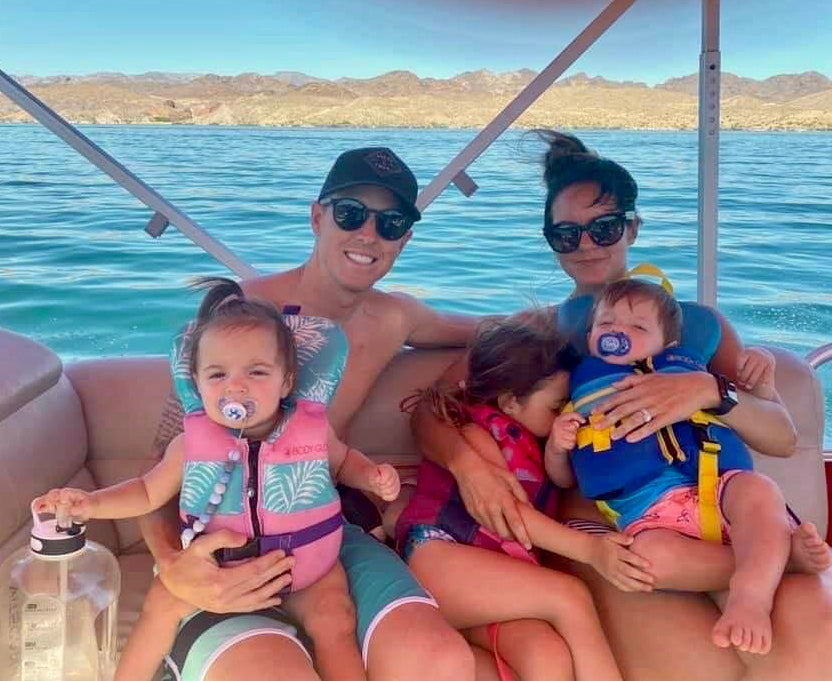As we ride into this year's holiday weekend, National Safe Boating Week encourages boaters to review boating safety rules and regulations ensuring a responsible adventure on the water. These top boating tips may seem simple, but they are crucial to keeping all boaters safe and out of danger!
Who established this week-long program? The National Safe Boating Council is a membership organization with over 500 U.S. and International members committed to reducing boating accidents and enhancing the boating experience. The Council is committed to providing education and training programs to promote a safe recreational boating experience.

Top Tips for SAFE and RESPONSIBLE Boating:
- Which boating safety course should I try? It is vital to learn the rules, regulations, and requirements when operating your vessel. Every state has different rules.
- Have you checked the equipment on your boat lately? Schedule a free vessel safety check with local U.S. Coast Guard Auxiliary or U.S. Power Squadrons to make sure all essential equipment is present, working and in good condition.
- Make sure to share your boating plans with someone. Always let someone on shore know the trip itinerary, including operator and passenger information, boat type and registration, and communication equipment on board.
- How do you choose the right life jacket? Make sure everyone wears a life jacket – every time. Check the manufacture's ratings for your size and weight because a properly fitted life jacket is vital.
- What is an engine cut-off device? An engine cut-off device, or engine cut-off switch, is a proven safety device to stop the boat’s engine should the operator unexpectedly fall overboard.
- Know what’s going on around you at all times. Nearly a quarter of all reported boating accidents in 2020 were caused by operator inattention or improper lookout.
- Do you travel at safe speeds and know who has the right of way? Be familiar with the area, local boating speed zones and always travel at a safe speed.
- Never boat under the influence! A BUI is involved in one-third of all recreational boating fatalities. Always designate a sober skipper.
- Do you have an emergency communication plan? Have more than one communication device that works when wet. VHF radios, emergency locator beacons, satellite phones, and cell phones can all be important devices in an emergency.
It's the perfect week to review your boating skills and boating regulations. These tips will ensure a SAFE and FUN adventure for you, your family, and your friends on the water.
(Remember to inspect your boat lines and dock ties and replace as needed. Boat lines and dock ties weather and weaken over time.)

